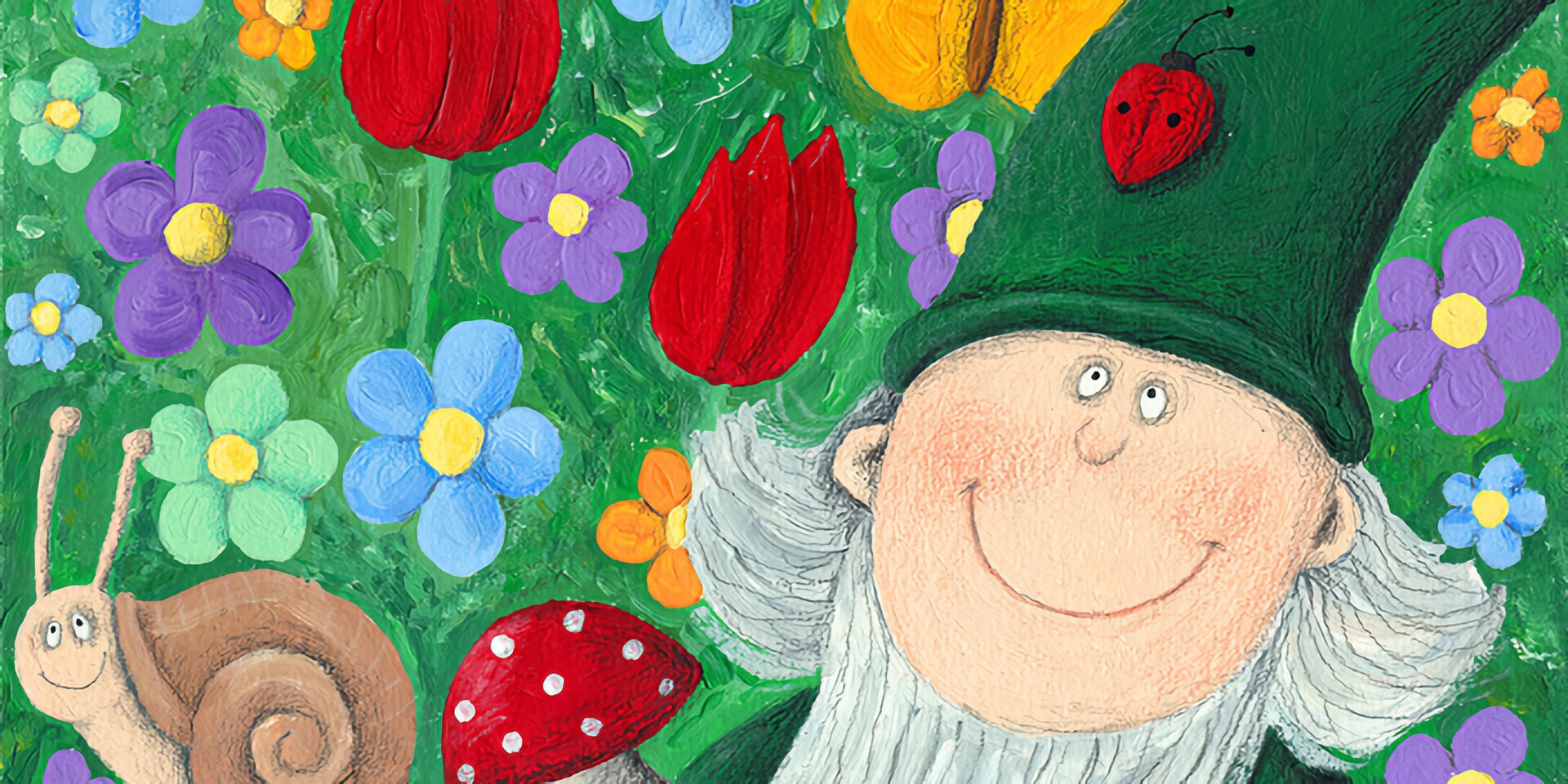Gratitude
Gratitude is something we can overlook and yet it offers such powerful benefits to our mental health. There are many benefits of expressing gratitude ranging from better physical health to improved mental alertness.
The word gratitude comes from the Latin word gratia, which means grace, graciousness or gratefulness (depending on the context). In some ways gratitude encompasses all of these meanings. Gratitude is a thankful appreciation for what a person receives, whether tangible or intangible. With gratitude, we are able to acknowledge the goodness in our lives and experience contentment.
In the process, we usually recognize that the source of that goodness lies at least partially outside ourselves. As a result, gratitude also helps us connect to something larger than ourselves— whether to other people, nature or a higher power. Gratitude is both a relationship and spiritual practice. Expressing gratitude in your daily life might even have a protective effect on staving off certain forms of psychological disorders. Researchers have found that habitually focusing on and appreciating the positive aspects of life is related to a generally higher level of psychological well-being and a lower risk of certain forms of psychopathology.
The benefits of practicing gratitude
Positive psychologists have found many physical, relational and psychological benefits to practicing gratitude and the best thing about cultivating a gratitude practice is that is free and the benefits are wide ranging and enormous. Becoming a grateful person is like becoming your own therapist for free! Let’s look at some of the benefits and see if there isn’t some of things benefits you wouldn’t want in your own life:
• Feel stronger about handling challenges
• Fewer illnesses
• Get more sleep
• Exercise more
• More likely to help other people
• Less cluttered environments
• Less envious
• Clearer thinking
• Less anxiety
• Resilience during tough times
• Experience less stress
• Are more organized
• Higher immune response
Gratitude and getting unstuck
Life strategist Tony Robbins says that gratitude packs a powerful punch against anger and fear. "Fear is why we don't take action and anger is why we get stuck," Tony says. "You can't be grateful and angry simultaneously. You can't be fearful and be grateful simultaneously. So it's really the reset button.“ In this sense gratitude helps us reconnect with our power. When we are grateful we stop being a victim and more able to take responsibility for our life and move forward. With gratitude we can see not only our challenges but also where our strengths lie in order to face the challenge. We can also see what is going well in a difficult situation and have the opportunity to add to what is going well rather than adding to our difficulties. Gratitude can help us see our choices in a situation and re-positions us to a respond more effectively.
Actions to cultivate gratitude
Write thank-you notes. Taking the time to write a thank you note is almost a lost art and yet it is something that when received people will hold onto for years. By taking the time to write a note of thanks you taking time to rehearse the goodness you see in others and in doing so promoting goodness in yourself. Someone who takes the time to write a thank you note will never be forgotten.
Thank someone mentally. Remind yourself regularly of the things our have received from others and reflect on the impact of their kindness towards you. In today’s society we have perhaps become so fear and shamed based that we look for danger, criticism and armour up accordingly. This can become a self-fulfilling prophecy as we have a tendency as human beings to find what we are looking for. By reminding ourselves of the goodness people have shown us we strengthen our own hearts and make a greater space within to receive more goodness.
Thank someone verbally. Be an encourager and look for opportunities to pay your thanks to someone in person. You’ll make someone’s day as we all need appreciation and for someone to affirm us and catching us doing something right. Be known for the first person to say thank you, rather than the first to point out wrong doing or criticise.
Keep a "gratitude journal." This can become a daily habit that helps us to intentionally look for things during our day to be grateful for so that we have something to write down at the end of each day. Studies have shown that keeping a gratitude journal is a very powerful tool in overcoming depression and calming anxiety.
Pray. People who are religious are encouraged to use prayer and song to cultivate gratitude and gratitude can be a spiritual practice for us all. We can cultivate gratitude as one of our core values and be thankful for the very gift of our life and the lives of those around us.
Don’t forget to thank yourself – catch yourself doing something right and say "thank you" to yourself. Reflecting on our own right actions and highlighting to ourselves the benefits both now and in the future of good choices can be a way of both cultivating gratitude and building our self-esteem. The inner critic literally shrivels when we take time to thank ourselves for things we said or didn’t say, did or didn’t do and it reinforces the path we want to continue on.
Melody Beattie describes the transforming power of gratitude:
“Gratitude unlocks the fullness of life. It turns what we have into enough, and more. It turns denial into acceptance, chaos to order, confusion to clarity. It can turn a meal into a feast, a house into a home, a stranger into a friend. Gratitude makes sense of our past, brings peace for today and creates a vision for tomorrow.”




